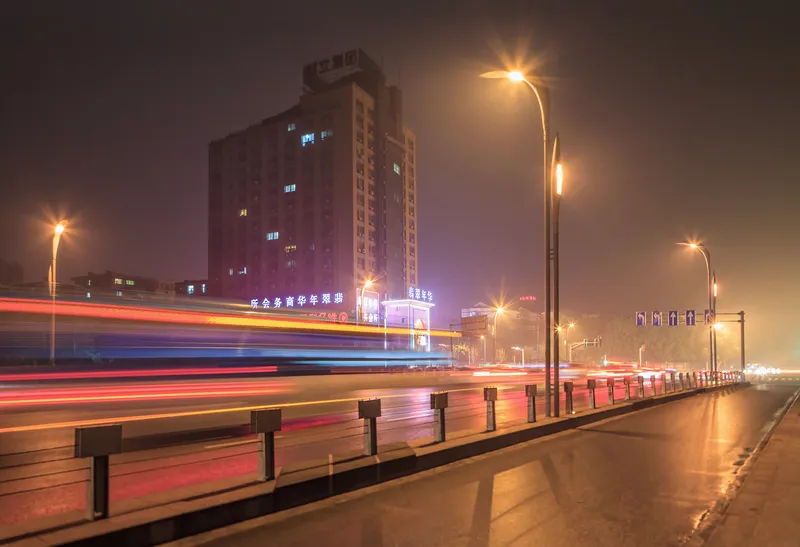NEVS (National Electric Vehicle Sweden) is working with AutoX to deploy large-scale robo-taxi pilots in Europe by the end of 2020.
AutoX is to integrate its autonomous drive technology into a vehicle being developed by NEVS in the city of Trollhättan, Sweden.
Jianxiong Xiao, founder of AutoX, says the company will create an artificial intelligence driver “tailored to the specific geolocation it is in; adopting local driving styles, while also navigating in urban and dynamic conditions”.
The zero-e
July 15, 2019
Read time: 1 min
NEVS (National Electric Vehicle Sweden) is working with AutoX to deploy large-scale robo-taxi pilots in Europe by the end of 2020.
AutoX is to integrate its autonomous drive technology into a vehicle being developed by NEVS in the city of Trollhättan, Sweden.
Jianxiong Xiao, founder of AutoX, says the company will create an artificial intelligence driver “tailored to the specific geolocation it is in; adopting local driving styles, while also navigating in urban and dynamic conditions”.
The zero-emission vehicle will operate as part of a 24/7 mobility service which, according to Xiao, will reduce the number of vehicles on the street for a given mobility need.
The partners intend to test the technology in the vehicles during the third quarter of 2019.
AutoX is to integrate its autonomous drive technology into a vehicle being developed by NEVS in the city of Trollhättan, Sweden.
Jianxiong Xiao, founder of AutoX, says the company will create an artificial intelligence driver “tailored to the specific geolocation it is in; adopting local driving styles, while also navigating in urban and dynamic conditions”.
The zero-emission vehicle will operate as part of a 24/7 mobility service which, according to Xiao, will reduce the number of vehicles on the street for a given mobility need.
The partners intend to test the technology in the vehicles during the third quarter of 2019.








